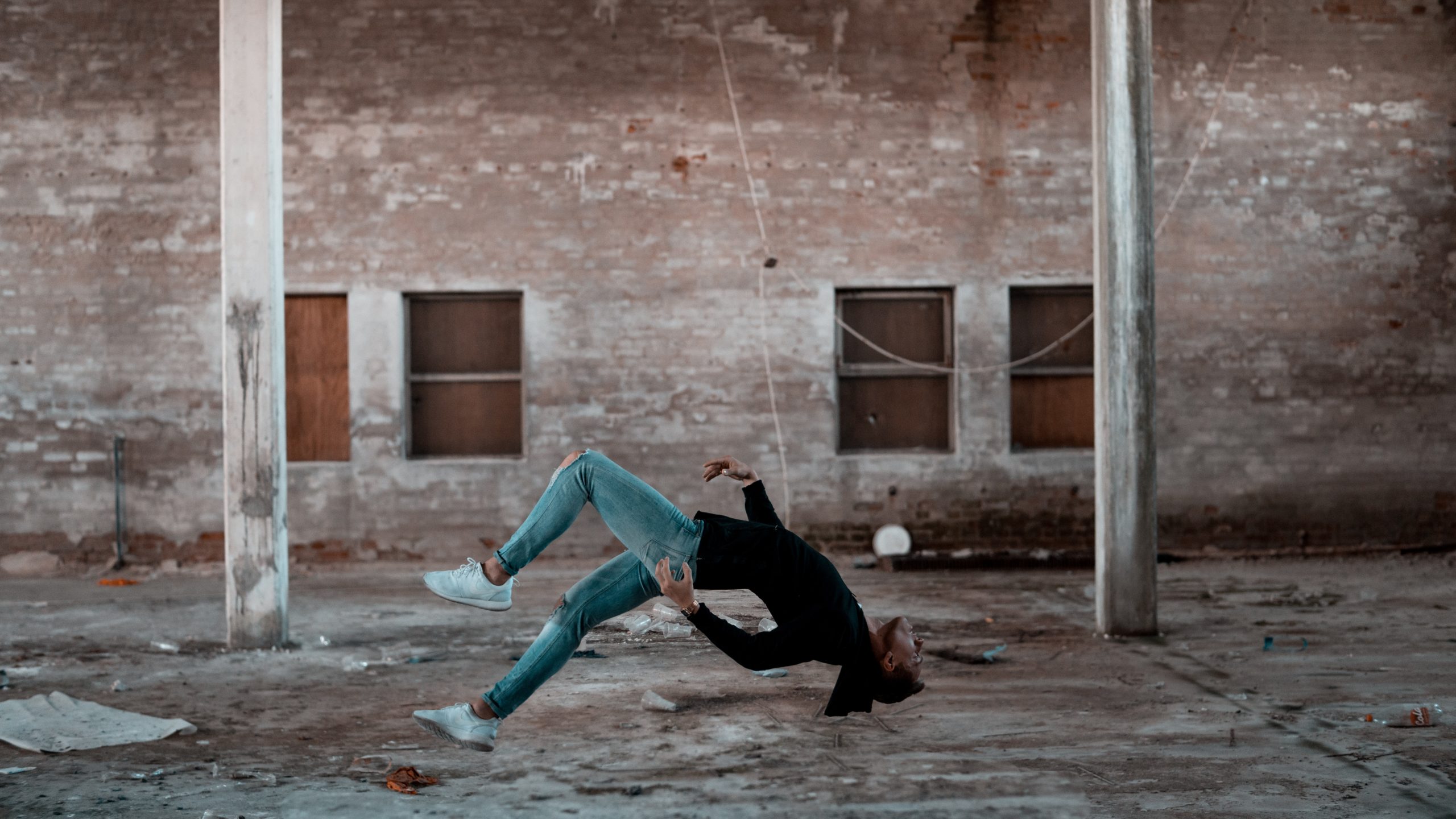- Degenerative diseases
- Hearing loss
- Visual impairments
- Myelopathy
- And more
Individuals experiencing high levels of anxiety or mental distress are also far more statistically likely to fall into the ‘clumsy’ category. The question is, how can you tell when your tendency to fall over is really a sign of these more severe health setbacks?
A sudden change in balance
While some issues such as degenerative diseases like Alzheimer’s can lead to gradual increases in clumsiness, a vast majority of these health conditions will result in a rather sudden increase in issues such as loss of balance, slippery grip, etc. As such, the first sign you might need to seek help rather than brushing those spillages aside is that of a suddenly noticeable increase that you can’t put your finger on. Even if you’ve always been prone to knocking things over, suddenly so more often, or also experiencing an increase in falling over, could count as a change here. Equally, sudden feelings of dizziness that never used to accompany your falls could be something to keep an eye on. Even if you feel foolish booking a doctor’s appointment for issues like these, any change of this kind is worth checking out, especially one that happens with such speed.

Unsplash Image: CC0 License
Accidents all the time
As well as increasing your risks of injury, frequent accidents are another sure sign that something’s going on under the surface. After all, no matter how much you tell yourself you’re ‘just clumsy’, even you have to admit that falling over three times in one day is excessive. And, honestly, who knocks two glasses over during one meal sitting? Even if you’ve been dealing with accidents this often for a while now, it pays to get checked over. After all, you can hardly keep calling something a fluke if it seems to happen to you all the time.

Pexels Image: CC0 License
The accompaniment of other symptoms
In the majority of cases, you may also find it reassuring to know that clumsiness is unlikely to be your only symptom. Depending on the reasons behind it, you may also find that other issues make themselves known to you around the same time. Hearing loss, for instance, can incite both dizziness and tinnitus among other problems. Equally, Alzheimer’s and the like come complete with memory loss, as well as increased cases of clumsiness. If you’re unsure, then don’t be afraid to do a little research. What you read online should, of course, be taken with a pinch of salt, but there’s nothing wrong with arming yourself using knowledge. Then, you may come to find that your falling goes alongside another symptom that gives you the confidence to call your doctor at last.
*featured image credits: pexels



